Should the FAA Take an Active Role to Improve the Flight Experience?
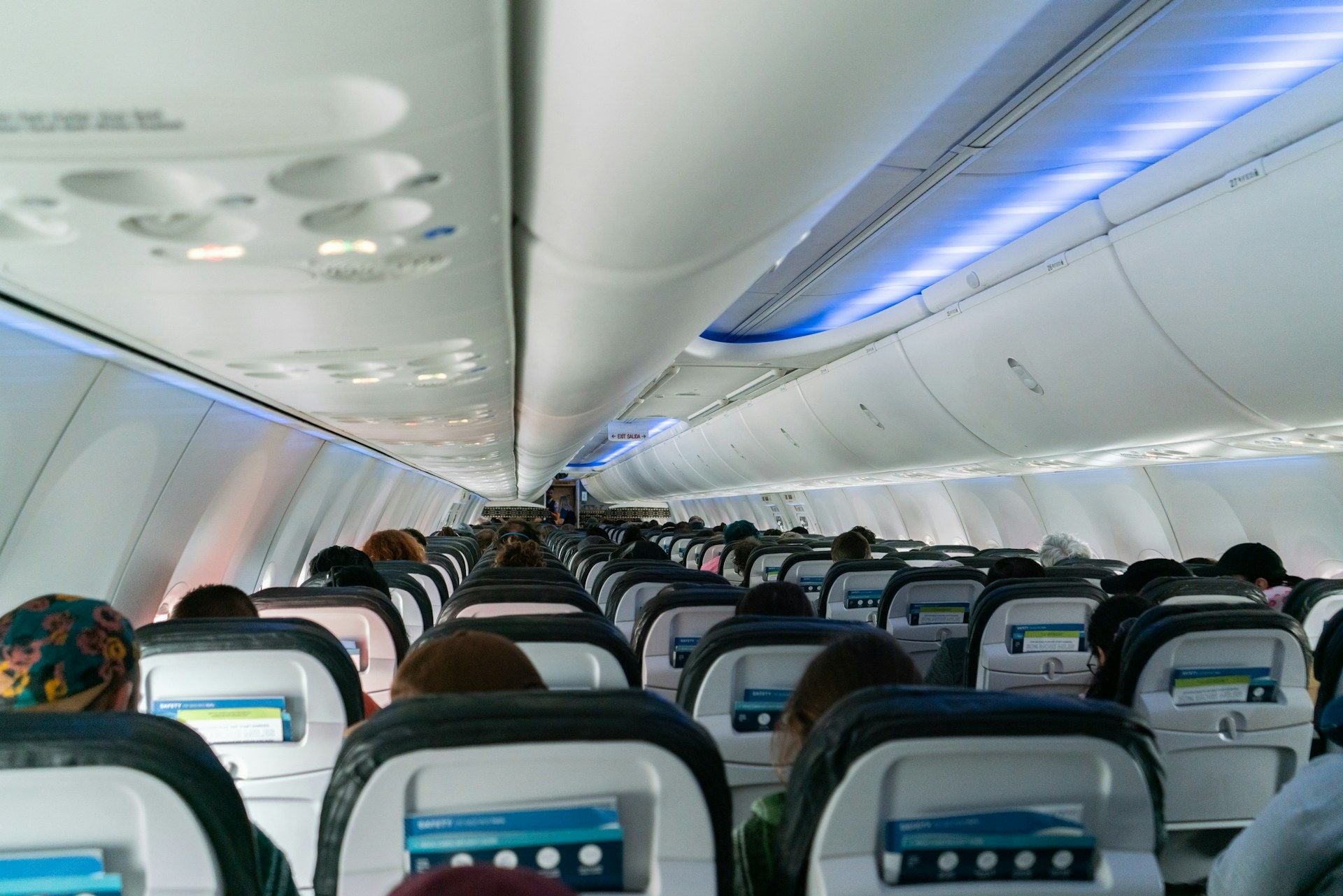
Photo by Oxana Melis on Unsplash
Airlines are constantly innovating and changing… and for many passengers, their innovations are for the worse. When Southwest Airlines revealed their new slim seats, claiming them as an “improvement”, customers online balked.
A smaller seat with less cushion represents only one complaint of airline passengers, and the industry could do more to make them happier.
Without commercial airline passengers, there are no commercial airline pilots. While people will always need to fly in a globalized economy, more can be done to improve their experiences and encourage more people to take flight.
President Biden has already declared a War on Junk Fees, which has already seen some resistance from airlines and lobbyists. For customers, the question remains what else can be done. One suggestion is that the FAA, which typically regulates for safety concerns, should step in force airlines to improve aspects of the flight experience for passengers with the full power of the government.
Some Possibilities for FAA Regulation:
Seats – One of the largest complaints about modern flying is the seat sizes. Increasing the minimum standard seat, including the consideration of legroom, is one area where the FAA could step in an make a difference. Especially as Americans, as a whole, have put on considerable weight since the 1980s.
Technological Amenities – While passengers shouldn’t expect a theatrical movie experience, the FAA could certainly require some amenities that aren’t currently on offer, most notably mandatory WiFi and charging ports for appliances. As technology gets less expensive to implement, this can expand to individual seat cooling/heating or other new innovations.
Quality of Service – The FAA can also work to streamline aspects of flying that frustrate customers. A universal standard compensation for flight delays or disruptions, a standard for informing passengers of delays in a timely manner, and more.
The negative to increasing regulations is the possibility that such rules will increase costs across the board, making flying less attractive for everyone. So should the FAA step in? Or let the free market run?
-
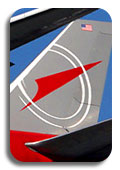
Delta Air Lines 04/23/2024
-
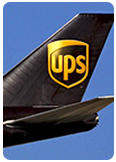
United Parcel Service 04/23/2024
-
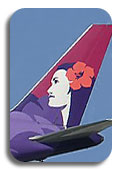
Hawaiian Airlines 04/22/2024
-
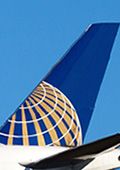
United Airlines 04/22/2024
-
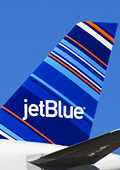
JetBlue Airways 04/19/2024
 AIRLINE PILOT CENTRAL
AIRLINE PILOT CENTRAL